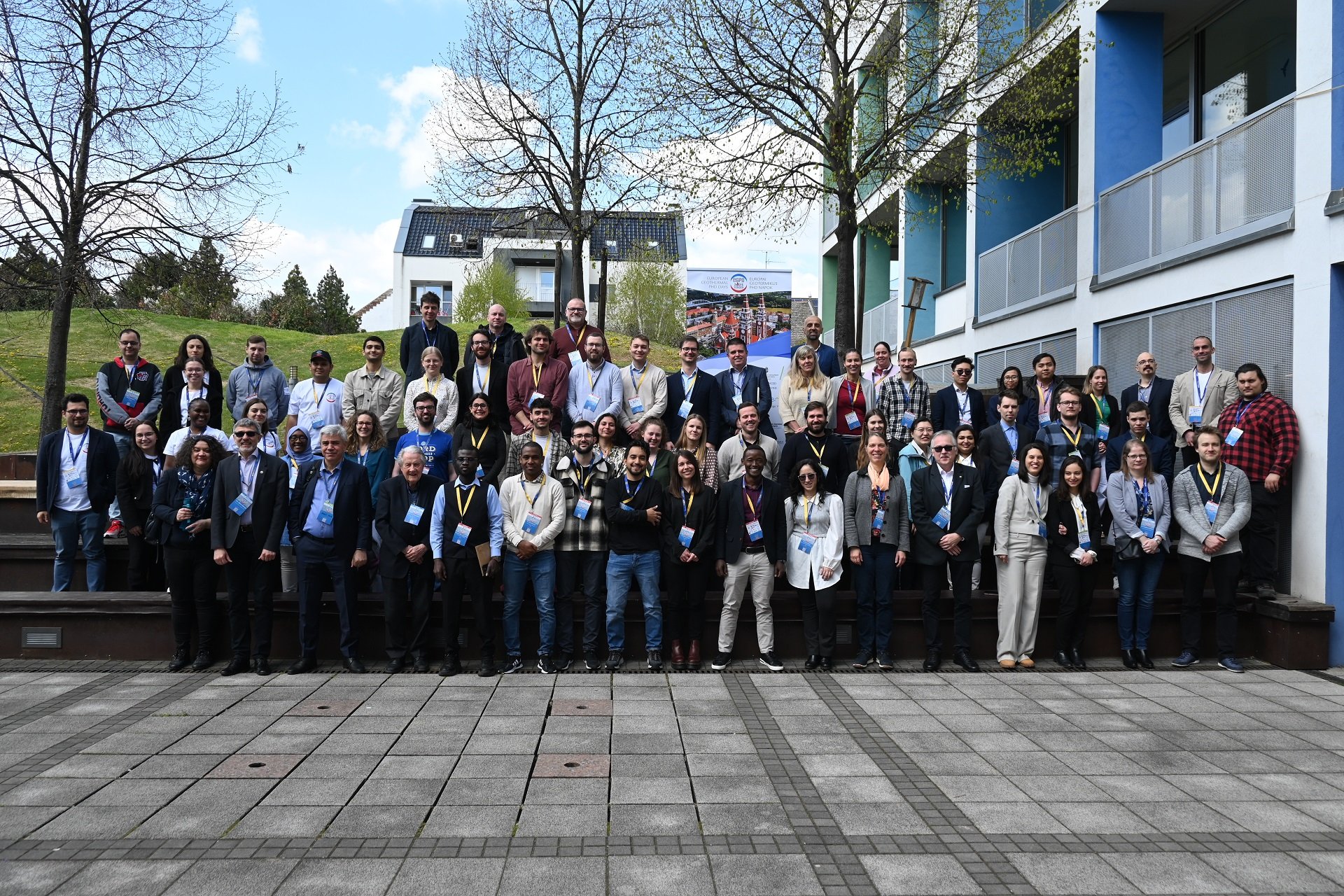Szeged once again hosted the European Geothermal PhD Days
Members of EGPD 2025. Photo: Tamás Zsolt Vári
In 2025, the city of Szeged hosted the European Geothermal PhD Days for the second time, following its first turn in 2013. Organized by the University of Szeged, EGPD 2025 brought together early-career researchers to explore one of today’s most promising and versatile sources of green energy: geothermal power.
PhD students from across Europe – and from geothermal-rich countries like Canada, Indonesia, and Kenya – gathered to share their research and build professional connections.
“All the participants study at European institutions, but many come from parts of the world where geothermal energy is already used extensively, even for electricity generation,” said Dr. János Szanyi, chair of the event’s organizing committee and a lecturer at the University of Szeged’s Department of Geology. “These students will be tomorrow’s leading scientists and innovators. This event gave them a valuable opportunity to meet and collaborate before launching into industrial or academic careers.”
The University of Szeged is a national hub for geothermal research, and its international recognition played a key role in securing the event. Szanyi also leads the Geothermal Panel of the European Federation of Geologists, a contributing factor in bringing the event back to Szeged.
One of the presenters was Dr. Rita Mwendia Njeru, a recent PhD graduate originally from Kenya. Her research at the university’s Institute of Geosciences focused on micro-scale studies of physical clogging in geothermal systems. Specifically, she examined reinjection practices in the Pannonian Basin.
“Many assume geothermal energy is inherently renewable,” Njeru said, “but that’s only true if we actively manage the resource. Reinjection – pumping thermal water back underground – allows the earth to reheat it. If we don’t return what we take, we risk depleting it. My work focuses on how to make reinjection economically and technically viable, ensuring this energy source remains sustainable for future generations.”
The event also included hands-on experiences. Participants toured Szeged’s district heating facilities and observed the drilling of the final well in the city’s nine-site geothermal system. They also traveled to Szentes to explore agricultural applications of geothermal energy.
Source: University of Szeged
